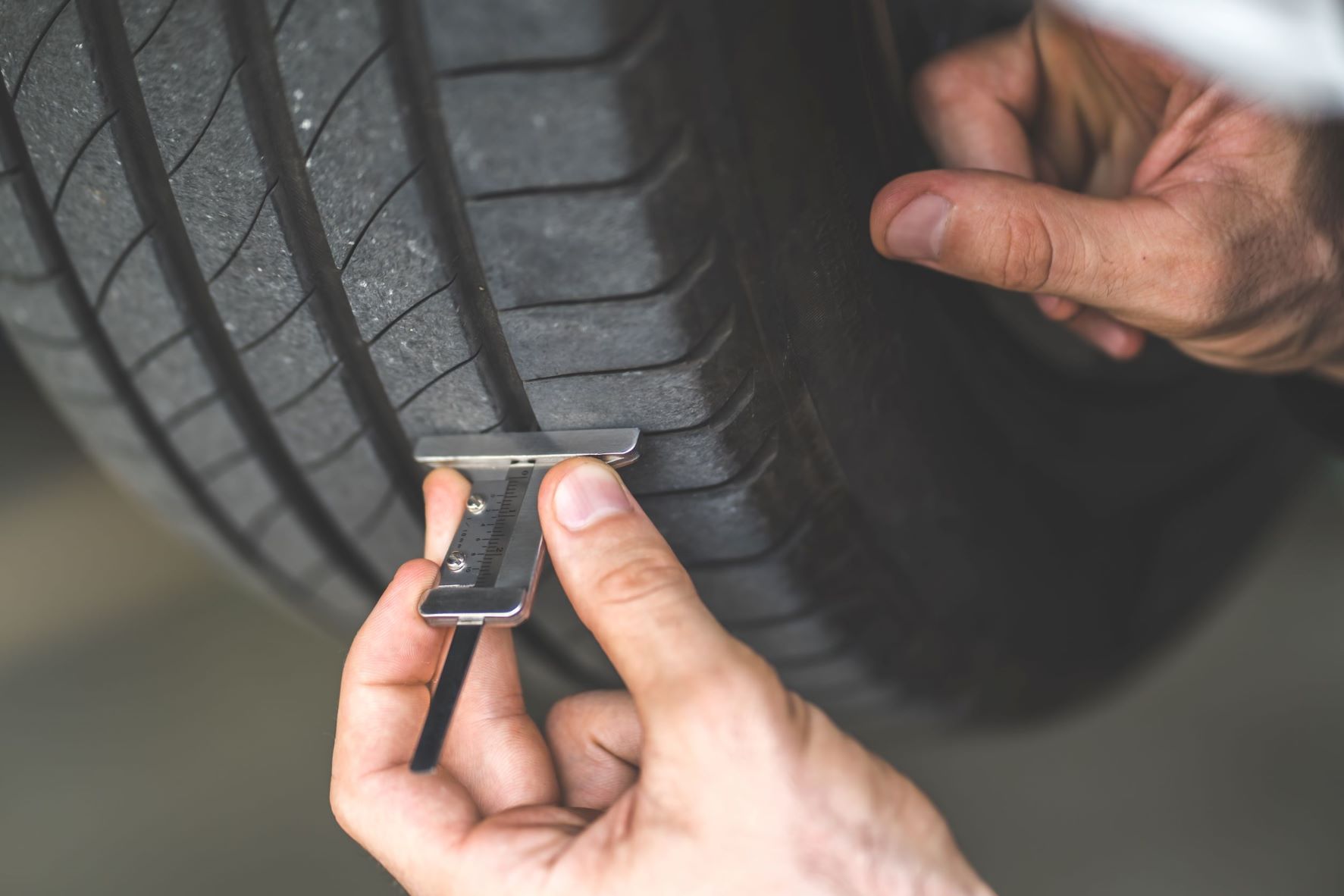
If your tyres don’t stop you, what will?
As part of this year’s Tyre Safety Month campaign, drivers are being urged to consider the risks involved in inadequate safety checks on their vehicle’s tyres and the potentially fatal consequences if they need to stop in an emergency.
In this blog, drivers will be reminded of the benefits and importance of tyre safety checks, but also to consider the literal message ‘If your tyres don’t stop you, what will?’ As the only point of contact between your vehicle and the road, tyre safety is crucial for safe and effective braking.
Business drivers and fleet managers must ensure that all the tyres on company vehicles are fit for purpose, including those on company cars and grey fleet vehicles. The essential routine checks are as follows:
Tyre Pressure:
Make sure all tyres have the correct pressure. This information can be found in the vehicle handbook, and often on the inside of the fuel filler cap or driver’s door sill. Failing that, a quick online search of the vehicle’s make, model and year will do the trick.
DID YOU KNOW?
Under-inflated tyres can provide 50% less contact with the road, resulting in reduced vehicle control.
Driving with low pressure causes a 10% reduction in the lifespan of your tyres.
Tyres with pressure 6 psi below the recommended inflation on average use 3% more fuel.
Tyre Tread:
Ensure that all tyres have a tread depth of at least 1.6mm. Remember that this is a legal minimum and that a tyre with a deeper tread will perform much better in wet conditions.
HINT:
Simply place a 20p coin into the main tread grooves in at least three locations around each tyre. If the outer band of the coin is obscured, then the tread is above the legal limit; if not, the tyres may be illegal and unsafe. If stopped by the Police, drivers could face a maximum of three penalty points and a fine of up to £2,500 per tyre.


Tyre Condition:
Vehicle tyres will drive over their fair share of glass, stones and other roadside debris, so it’s important to check them for any punctures, cracks or bulges as these are strong indicators of tyre damage. If there are any irregularities, then the tyre should be checked by a professional and repaired if needed. In some cases, the tyre may still need to be replaced even if the tread depth is still within the legal limit.
Vehicle Overloading:
Overloading a vehicle can cause excessive heat and wear on the tyres. It is essential to ensure that the vehicle’s overall weight does not exceed its Gross Vehicle Weight (GVW) Rating – found on the VIN plate or on the inside of a door frame.
The excessive heat and wear on a vehicle’s tyres will compromise the handling and could lead to a blowout, putting the driver, their passengers and other road users in danger, not to mention fines, penalty points and potential prison sentences in more serious cases.
Tyre Statistics:

Infographic statistics – www.tyresafe.org/tyre-safety-resources
Protect your staff:
As a business driver or fleet manager, are you confident that all the necessary tyre safety checks have been made on your company vehicles? What about your grey fleet? Ensuring tyre safety keeps you, your fleet and all other road users safe, whilst keeping you or your business out of the firing line of any legal or financial consequences.
If you feel unsure about your tyre safety routine checks, IAM RoadSmart is here to help and can enhance your fleet’s road safety – Get in touch.


